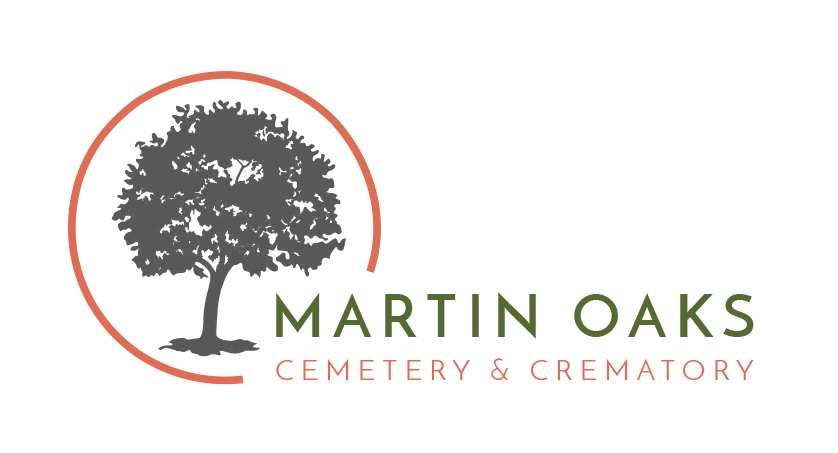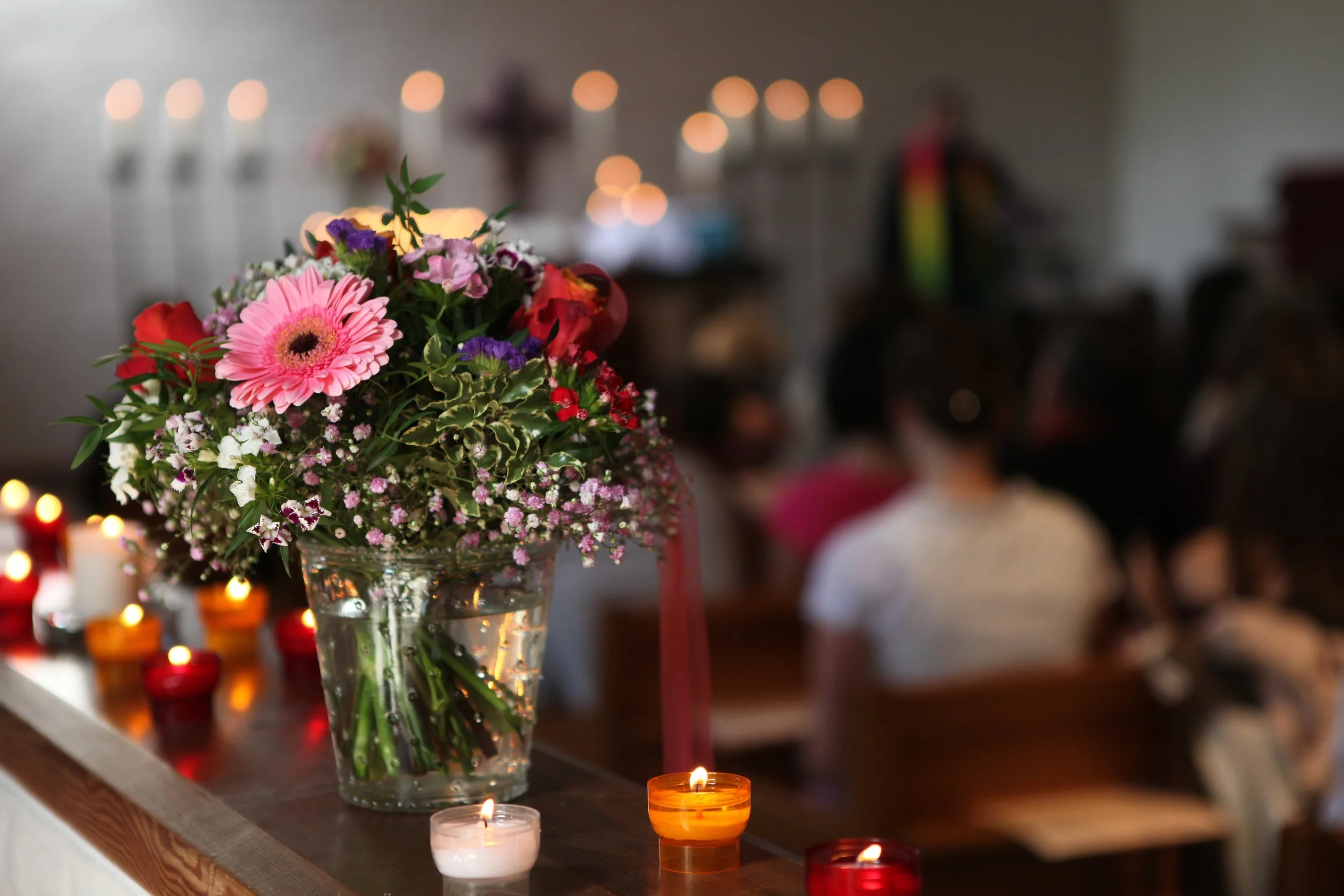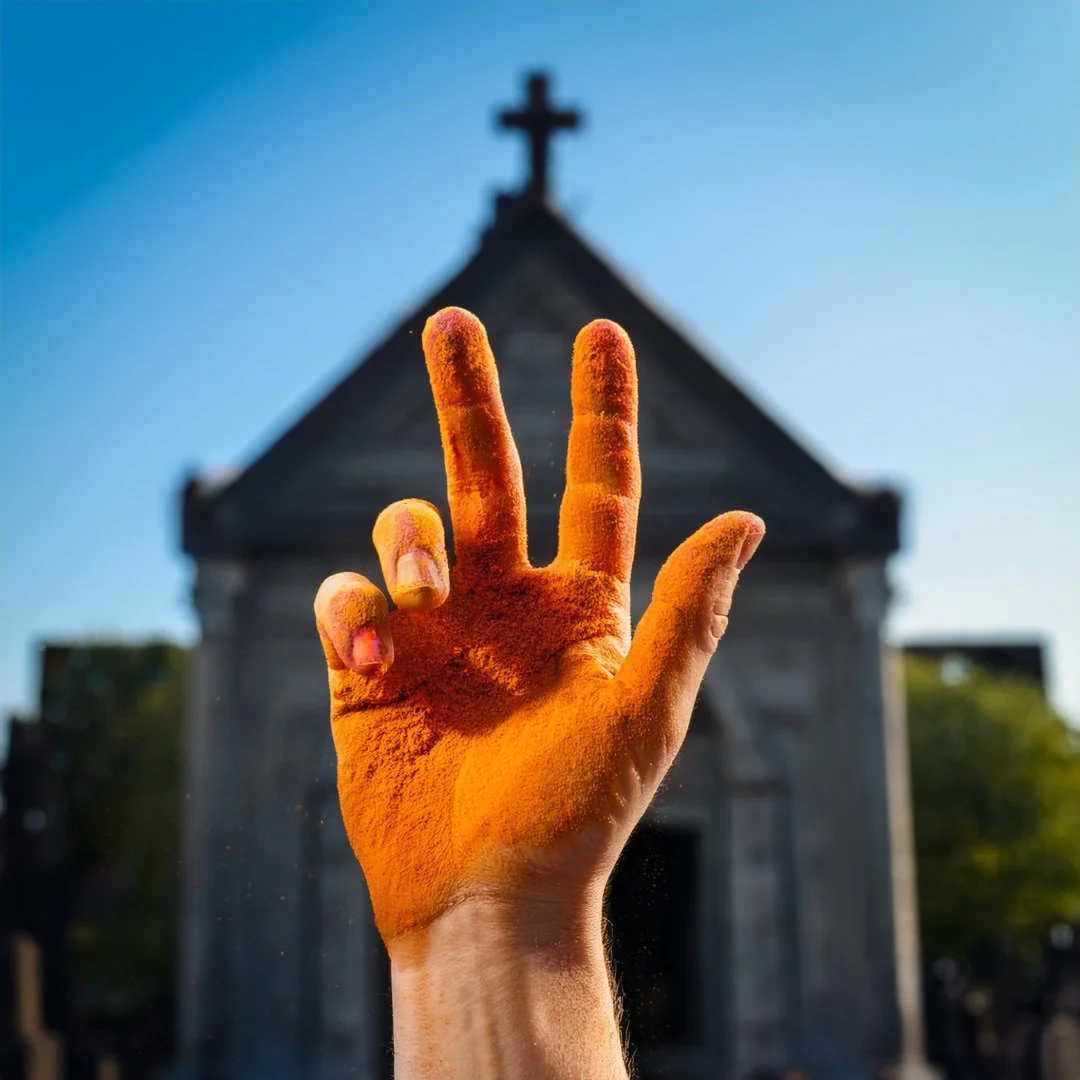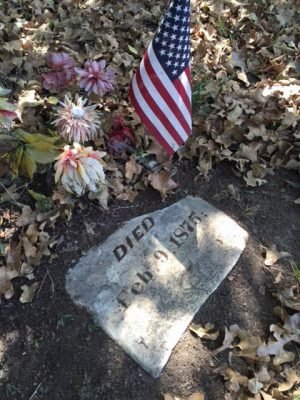Blog
Grave Reflections
Thoughts, teachings, and musings regarding death, memorialization, cremation, and everything else to help enlighten, edify, and demystify the myths and misconceptions surrounding the inevitable.
Beyond the Casket: Decoding the Essential Vocabulary of Final Arrangements 📚
When you are facing the loss of a loved one, the last thing you need is to feel lost in a sea of unfamiliar industry jargon. The funeral and crematory profession uses specific terminology that, while necessary for clarity in the industry, can feel confusing and overwhelming to families during a time of grief.
To help you navigate this process with more confidence and less stress, here is a breakdown of the essential vocabulary you may encounter when making final arrangements.
The Unique Tradition of Paid Mourners: Exploring Grief Across Cultures
Imagine attending a funeral where strangers, known as “paid mourners,” are hired to weep, wail, and lament for the deceased. It may sound unusual to us, but this practice has deep roots in cultures stretching back thousands of years.
Five Things to Consider When Planning a Memorial Service
When someone we love passes away, it's a difficult time. While the final arrangements are about honoring the person who died, the memorial service itself is ultimately for the living.
The Stories We’ll Never Know (And the Ones We Can Still Find)
Cemeteries are like libraries without a card catalog. There is beauty in walking through a cemetery; it humbles you. It makes you realize how much life was lived before us and how much will come after. The stones stand as silent librarians, preserving just enough for us to imagine the rest, and every so often, to solve a puzzle that brings a long-lost story back to life.
More Than a Resting Place—Why Cemeteries Are for the Living
The true purpose of a cemetery is to provide something we all desperately need after a loss: a place to grieve, to reflect, and, eventually, to find peace. They are, in essence, an anchor for our memories and emotions in a world that keeps moving.
What’s Something You’re Glad You Said Before It Was Too Late?
Goodbyes aren’t always grand speeches — sometimes they’re a quick “I love you” or “You still can’t park straight.” At Martin Oaks, we’ve heard many stories of how the right words at the right time can turn loss into peace.
The Top 5 Most Popular Cremation Urns in the U.S. — And Why Families Love Them
Choose your forever outfit!
An urn isn’t just a final step—it’s a final statement. A way to honor, reflect, and even celebrate. Where to start? Here is a look at the top 5 urn styles popular now, honorable mentions, and a look at future trends.
The Weirdest Questions We’ve Ever Been Asked (And the Answers)
The questions people ask in times of grief are rarely about curiosity alone—they’re about meaning, connection, memory, and getting things right. And sometimes, yes, they’re about whether you can legally put someone’s ashes in a custom-painted garden flamingo.
We’re here for all of it.
So ask your questions. All of them. The practical, the personal, the weird, the sacred, the ones you’re afraid will sound silly. Nothing about love or loss is silly to us.
A Monument to Spicy: The Flamin’ Hot Cheeto Sarcophagus and What It Says About Modern Ritual
In 2022, a 3,000-pound concrete tomb was buried in Washington State. It wasn’t for a person. It wasn’t for a beloved pet or a national treasure. It was for a single bag of Flamin’ Hot Cheetos.
This is not satire. This is anthropology.
🔮 What Does Your Zodiac Sign Say About Your Ideal Afterlife?
Everyone has a dream afterlife. Some want clouds and harps. Others want to come back as a houseplant in a minimalist kitchen. But your zodiac sign? That says a lot about your cosmic vibe. Yes, let’s class up the astrology-afterlife fusion with a little more zest, but still keep it tasteful enough that no one’s grandma files a complaint—unless she’s a Scorpio, in which case she already has. Here’s what the stars predict your perfect forever looks like, based on absolutely zero science and a healthy disregard for subtlety.
What Happens to a Body After Death?
Death is one of life’s most intimate and inevitable experiences. While no two journeys are the same, understanding what happens after death can bring peace to families facing one of life’s most difficult transitions.
At Martin Oaks Cemetery & Crematory, we are not just in the business of services—we are in the business of care. If you have questions—whether for yourself, a loved one, or just out of curiosity—we’re here to talk. There’s never a wrong time to ask.
Honoring Heroes—
Every year, on the last Monday of May, we pause to observe Memorial Day—a sacred tradition of remembrance for the men and women who gave their lives in service to the United States of America. This day is not just marked on the calendar—it is etched into the earth beneath our feet and the stories that lie within it.
Let us take a moment to look back at the conflicts that have shaped our nation, and reflect on the lives lost—men and women alike—in defense of our shared freedom. Hopefully this list never grows.
🔥 Memorial Items—To Cremate or Not to Cremate ♦︎ A Friendly Guide from Martin Oaks Cemetery & Crematory
“Can we include this with our loved one during the cremation?”
Sometimes, the answer is a gentle yes. Other times—due to safety concerns, environmental impact, or just plain physics—it’s a firm no. So we thought we’d share a helpful guide of things that shouldn’t make the final journey with your loved one, and why.
From Ashes to Acceptance: A Brief History of Cremation in the Western World
From its ancient roots, through centuries of suppression, to its contemporary resurgence, the story of cremation in the Western world is deeply intertwined with religious transformation and societal evolution. As more families seek personalized, meaningful, and environmentally conscious memorials, cremation continues to reshape how we honor life and legacy.
Mortimer Mouse and the Curious Case of the Vanishing Spectacles
In the twilight hours, beneath the brooding eaves of weathered tombs and amongst the sorrowful whisperings of willow trees, there resided a mouse of uncommon intellect and impeccable taste. His name—Mortimer W. Whiskerby III—was known far and wide among the nocturnal denizens of Whiskered Whispers Cemetery, not for his culinary skills (which were fair), nor for his poetry (which was dreadful), but for his keen powers of deduction.
The Rising Cremation Rate in Texas—A Shift in Funeral Traditions
While burial was once the dominant choice for Texans, changing societal attitudes, economic considerations, and cultural adaptations have contributed to the increasing preference for cremation.
Martin Oaks Cemetery—A Brief History
The story of the Martin family and their land that became Martin Oaks Cemetery serves as a poignant reminder of the enduring connection between people and the land they inhabit, and how these ties continue to influence the identity of communities today.
Buried in Style—Fascinating Stories of Car Burials
The act of being buried in a car can symbolize more than just material wealth. For many, vehicles represent freedom, identity, and personal achievement. A car can be an extension of one's personality, and for some, it holds deep sentimental value. By choosing to be buried in their car, individuals may be expressing a final desire to carry that identity with them, even in death.
7 Things NOT to Say to Someone When a Loved One Dies
Losing a loved one hurts. Friends and family are compassionate and always willing to help but this isn’t something one does often and it’s hard to find the right thing to say sometimes. Words can either be a source of comfort or cause unintended pain. While most people mean well, certain phrases can come off as dismissive, hurtful, or just plain unhelpful. If you want to support someone who is grieving, here are seven things you should avoid saying—and what to say instead.
Who Controls What Happens To My Body When I Die?
What happens to me after I die? Who controls what happens to your body after your passing. Make sure your wishes are honored and not left to chance. Or worse, left to someone that you do not want to make decisions for you after you die. Here is a guide.




















